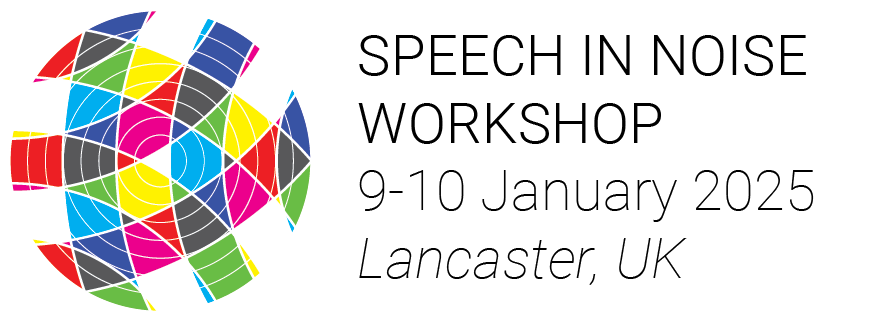P16Session 2 (Friday 10 January 2025, 09:30-11:30)Development of a questionnaire to measure social participation in noisy environments for people aged 60+ with hearing loss
Background: Several studies have shown an association between age-related hearing loss and social isolation, which may have implications for cognitive health for older adults. Questionnaires have long been used to measure older adults' social activity and social isolation across several disciplines. These scales continue to be adapted to capture changing lifestyle and societal factors, such as increased use of digital communication and a broader range of social activities available. However, changes in social participation over time may reflect the cognitive and acoustic demands of particular social environments, and items used in current questionnaires are unlikely to be sensitive to differences in these demands across social settings. In the current work, we aimed to develop a new questionnaire to understand how the auditory-cognitive demands of an environment (e.g., the presence and nature of background noise) affect social participation for people aged 60+ with hearing loss.
Methods: First, we reviewed existing tools that measure social participation and used this to generate a long list of social activities. We then developed a questionnaire to measure the frequency, ease, and satisfaction of involvement in these social activities. We refined the questionnaire based on a focus group of healthcare workers. We piloted the questionnaire in interviews with adults aged 60+ who have hearing loss to determine the comprehensiveness of the activities included and the usability of the questionnaire.
Results: The focus group suggested adding a free text entry option to the questionnaire to enable participants to describe the nuanced elements that influence the ease or satisfaction of each activity. Based on their responses, we also made some practical adjustments to improve usability of the tool. People with hearing loss who completed the interviews indicated that the activities included in the questionnaire cover the range of activities they participate in. Preliminary data from the questionnaire responses imply dissociations between the frequency of participating in social activities, compared with the ease and satisfaction of involvement. In free-text responses, participants shared insights into the environmental and individual factors that determine the ease or satisfaction of each social activity. We plan to further analyse the data based on the auditory-cognitive demands of each environment or situation.
Conclusions: Our preliminary testing demonstrated the usability of the new questionnaire for adults aged 60+ who have hearing loss. Future work will test the questionnaire in a larger group of participants and measure changes in social activities across time.

